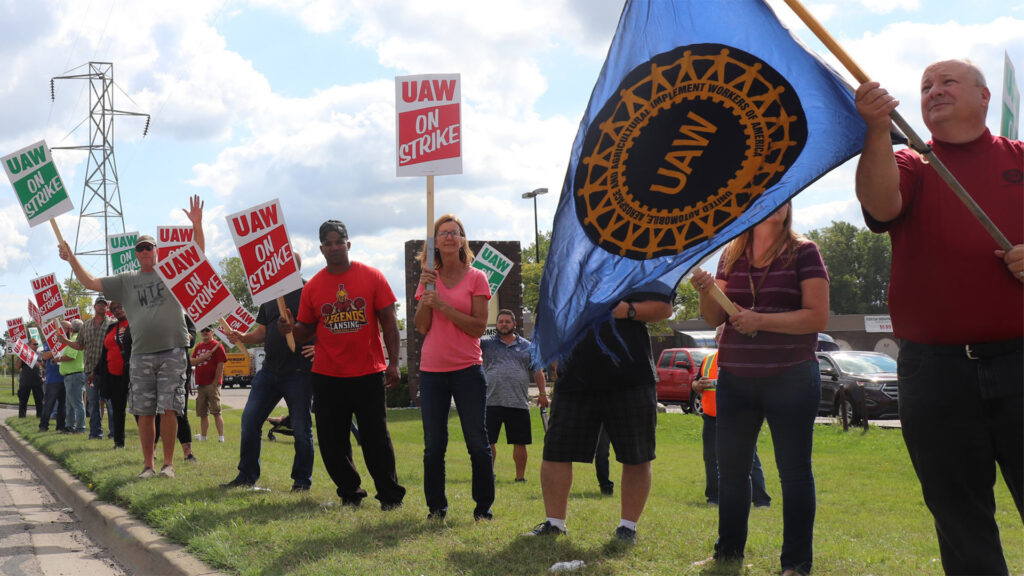- Mercedes says it had hoped the UAW would respect the decision of its employees.
- The National Labor Relations Board will review the union’s objection.
- Only 44% of eligible workers at the Mercedes site voted to join the union.
The United Auto Workers (UAW) union wants a new election at the Mercedes-Benz factory in Alabama and claims that the German carmaker engaged “in a relentless anti-union campaign.”
Earlier this month, 56% of workers at the site voted against joining the UAW. This came just a few weeks after the union claimed a historic win at Volkswagen’s Tennessee factory. Now, the UAW has filed a petition with the National Labor Relations Board and is seeking a new election in Alabama.
Read: Mercedes’ Alabama Workers Reject Unionization In A Blow To UAW
The union claims that Mercedes-Benz fired pro-union employees and held frequent captive-audience meetings to spread anti-union views. Additionally, Reuters understands that Mercedes leaders at the site frequently pointed to signs in the plant urging employees to vote no. The UAW says the carmaker’s efforts to influence the vote amount to unfair labor practices and prevented employees’ free choice.
The National Labor Relations Board will review the union’s objection and may call for a hearing in the coming weeks. Mercedes says it fully complied with all relevant guidelines before the vote.
“We sincerely hoped the UAW would respect our team members’ decision,” a Mercedes spokesperson said. “Throughout the election, we worked with the NLRB to adhere to its guidelines and we will continue to do so as we work through this process.”

In April, 73% of workers at VW’s site in Chattanooga voted to join the UAW. This marked the first time an automotive factory in the South had voted to unionize through an election since the 1940s.
The UAW is looking to unionize as many automotive factories across the United States as possible after securing new labor contracts with the Detroit Three last year. It is spending $40 million on its unionization efforts through 2026 and targeting other plants operated by Hyundai, Tesla, Toyota, and others.



